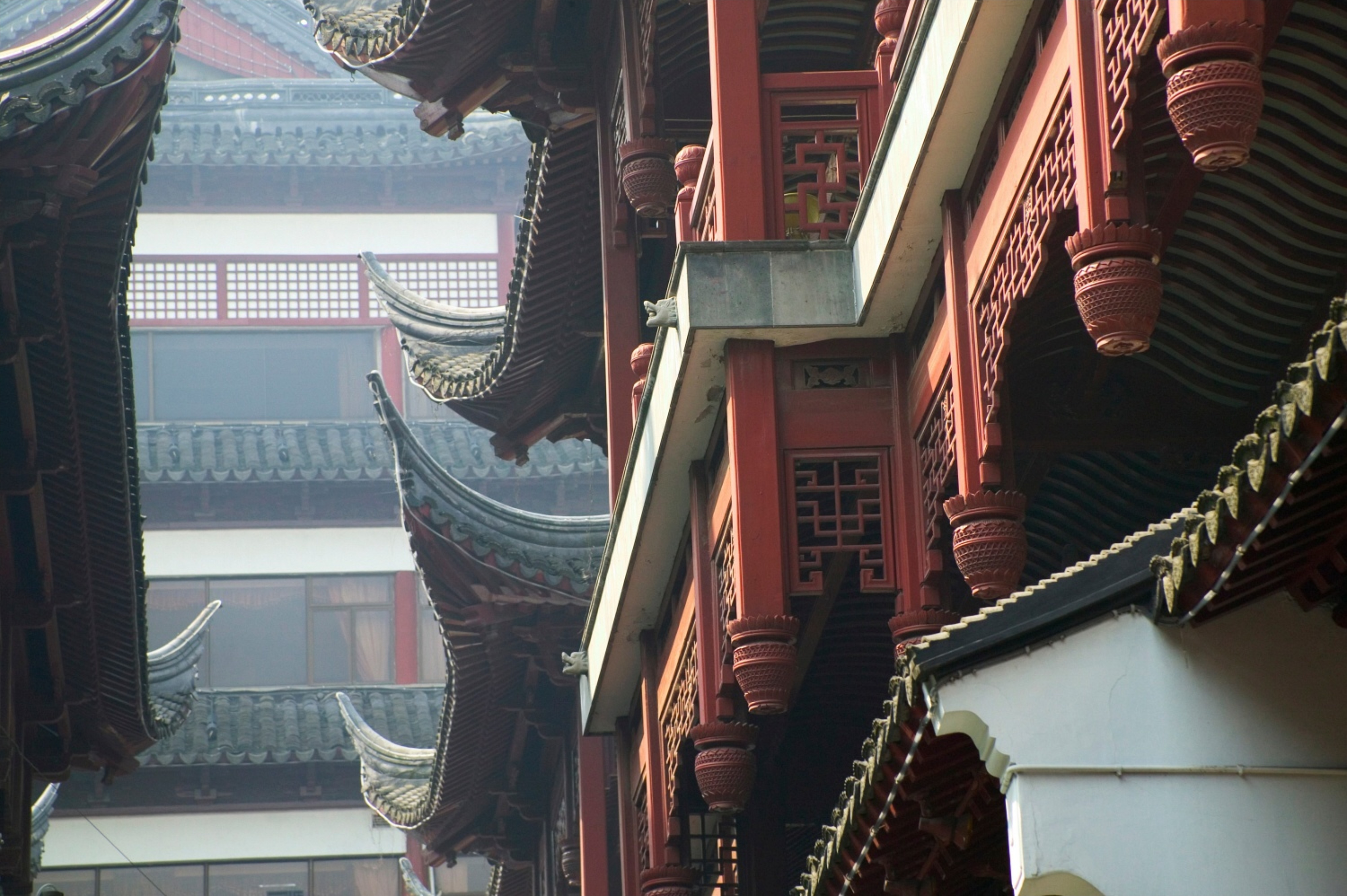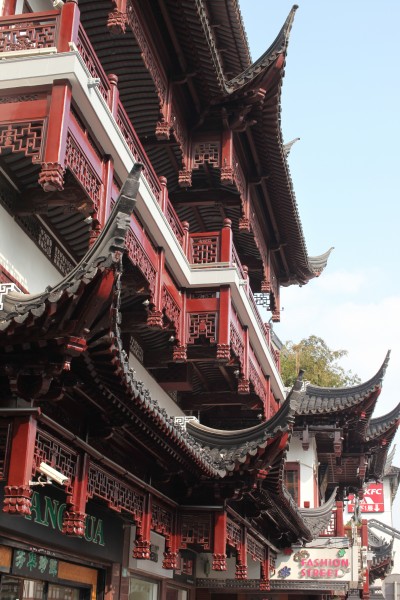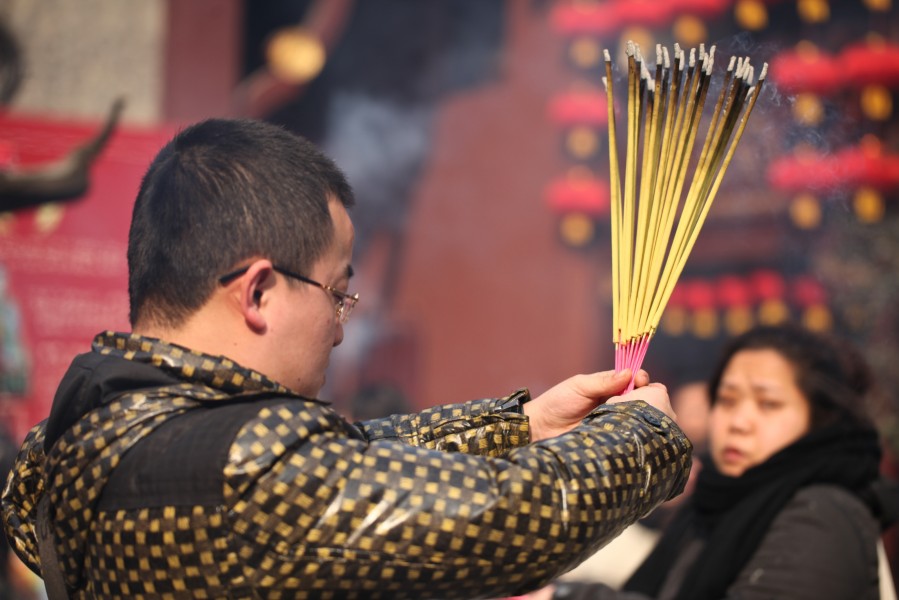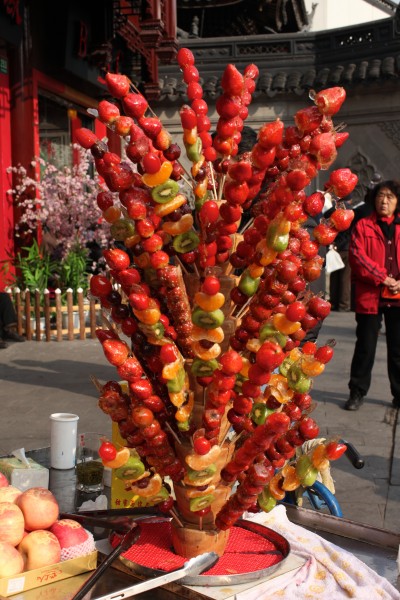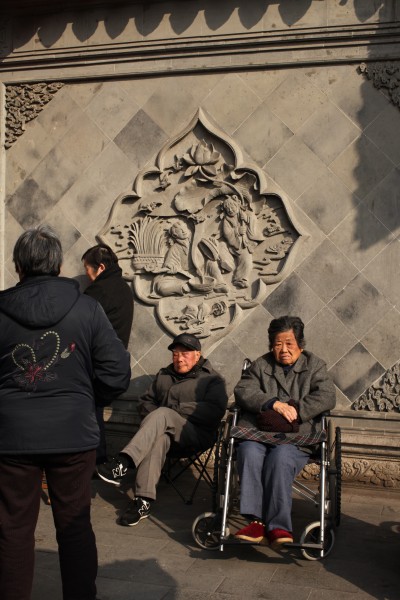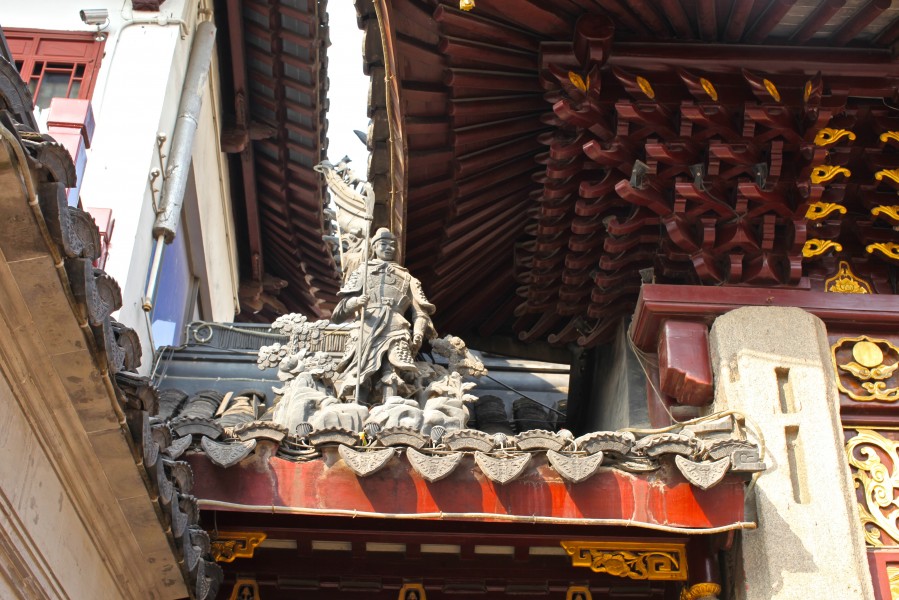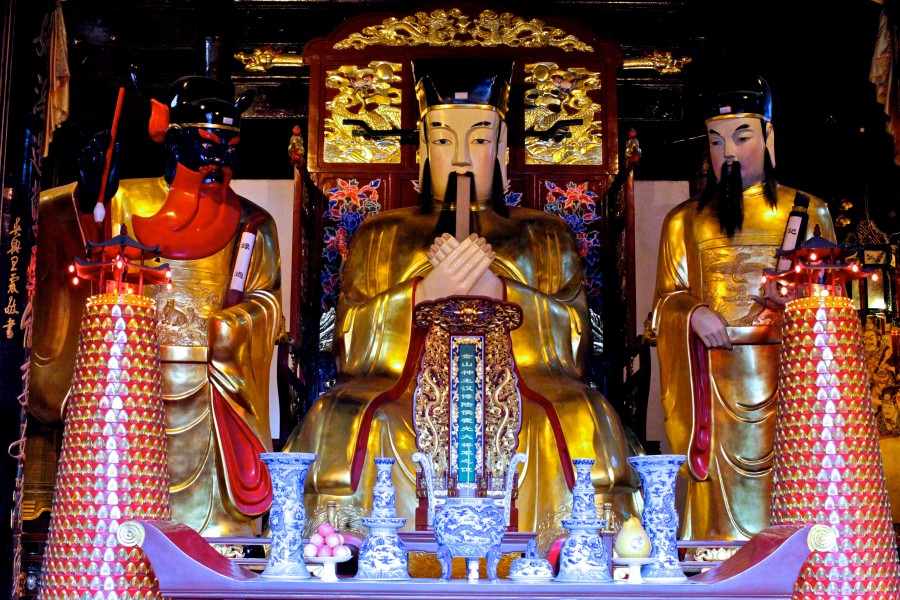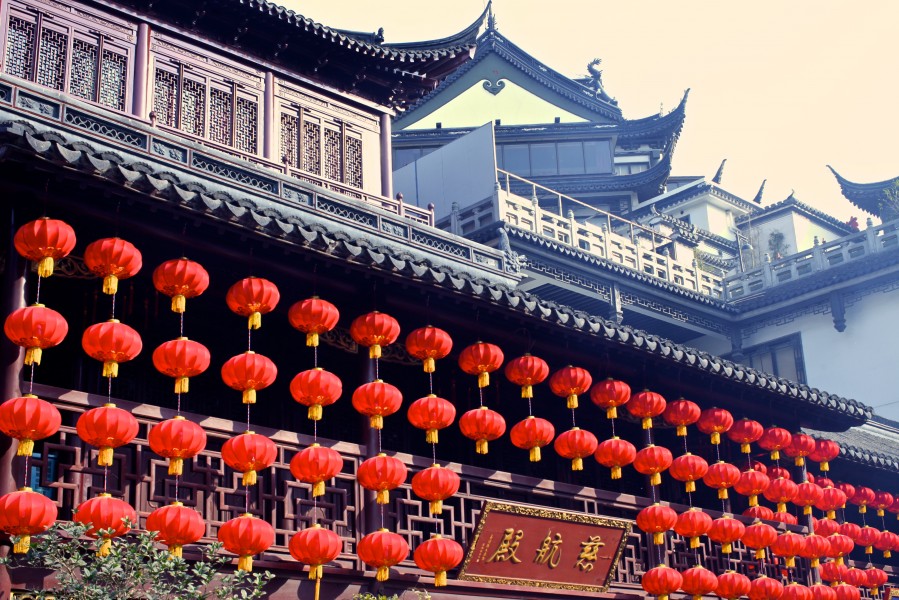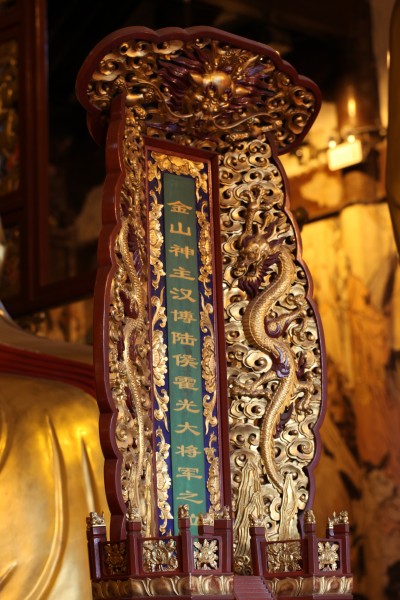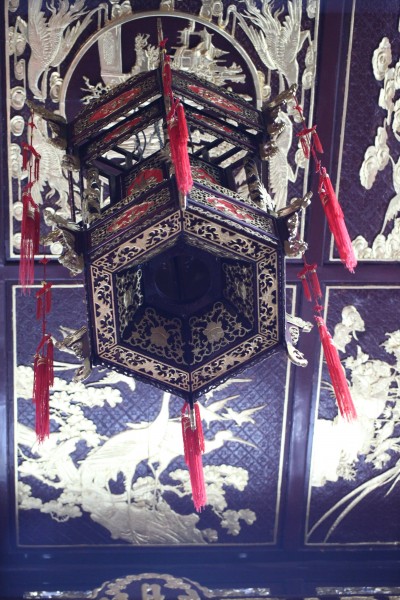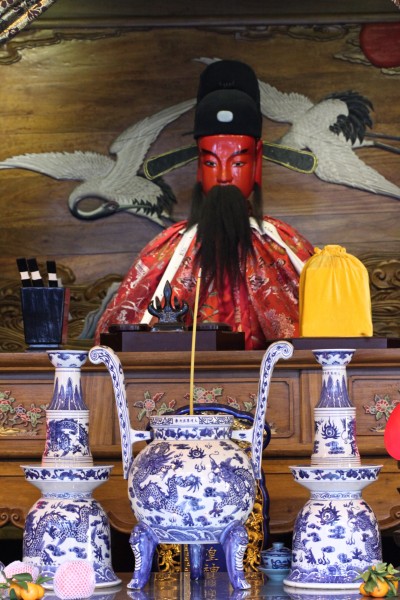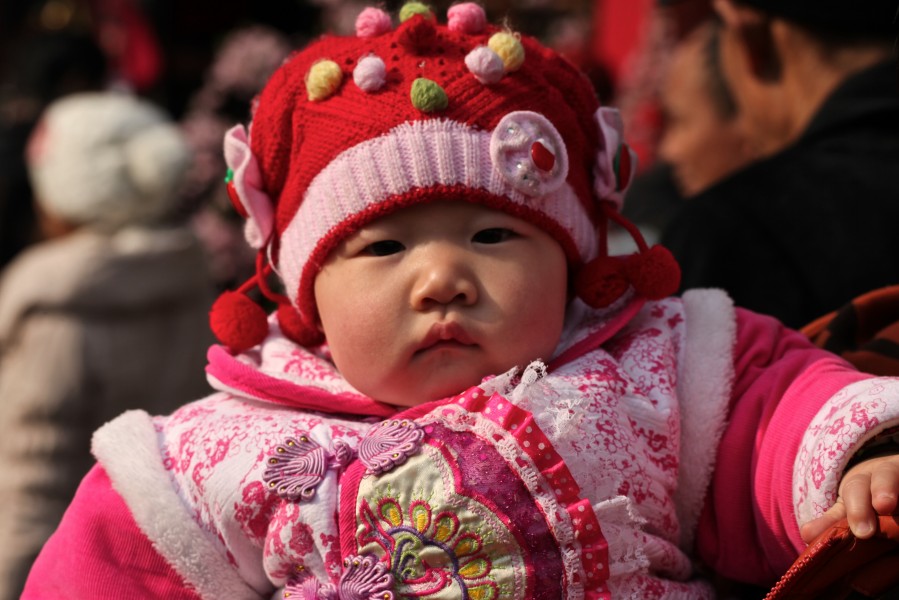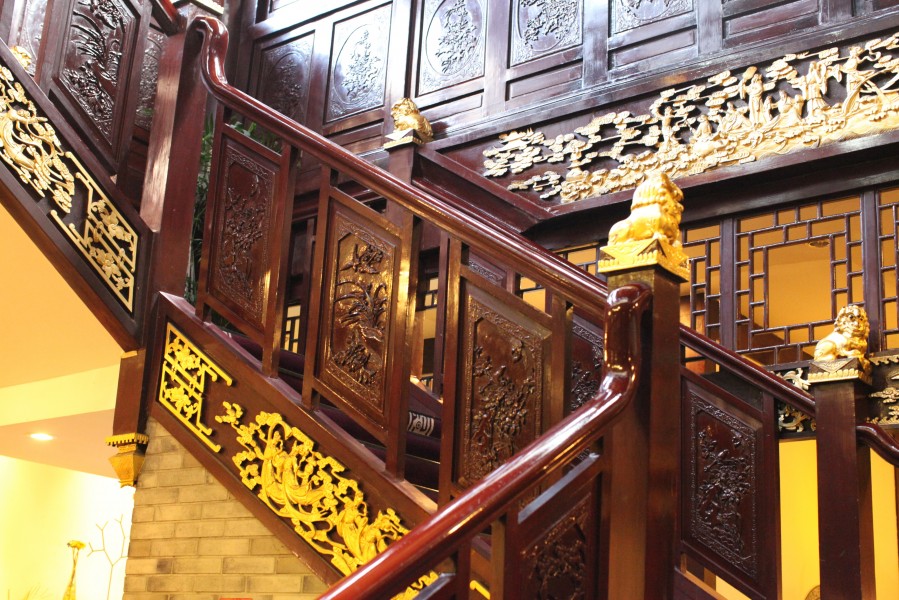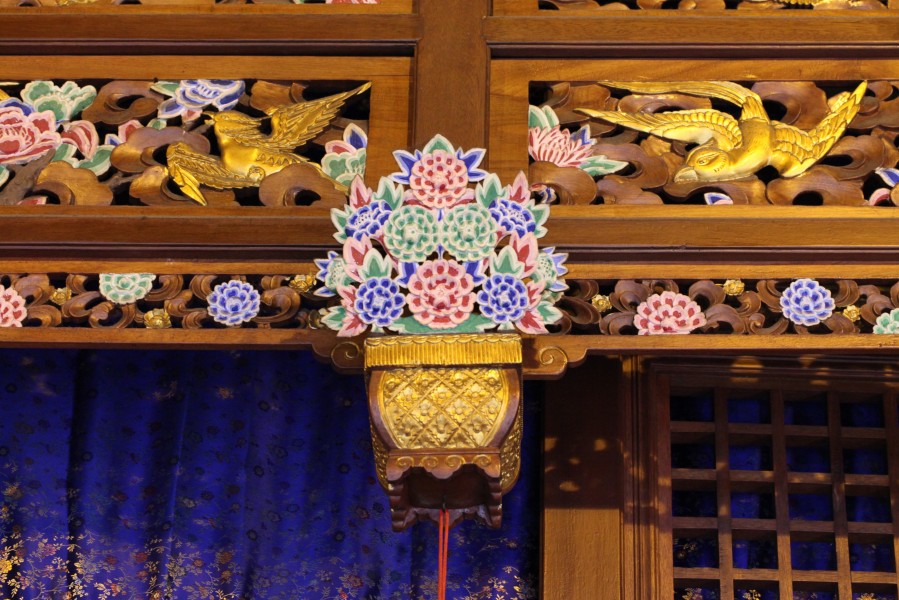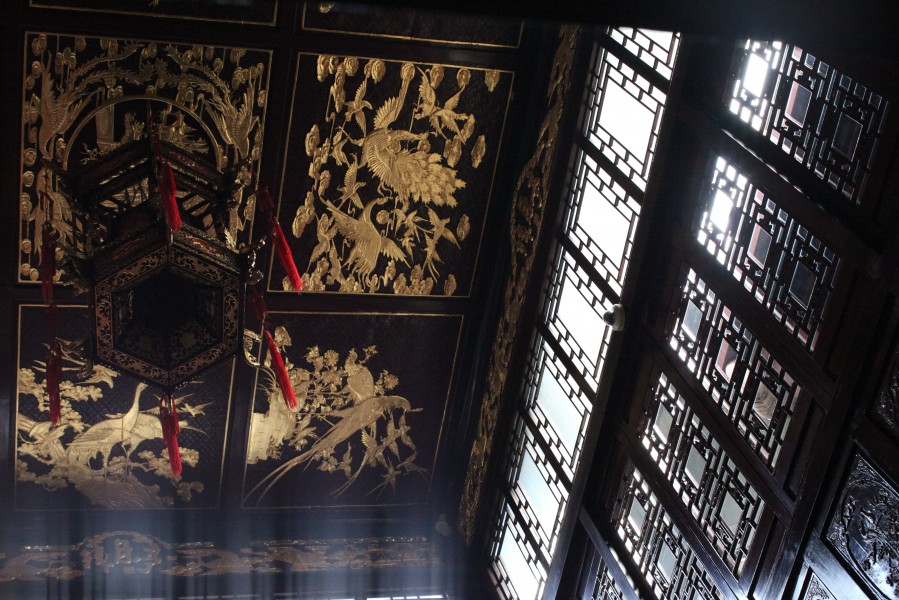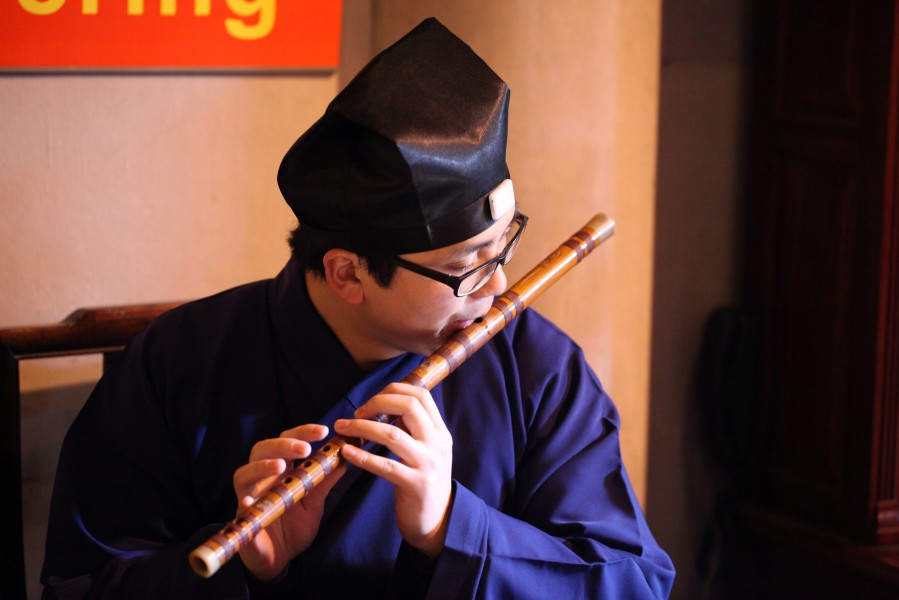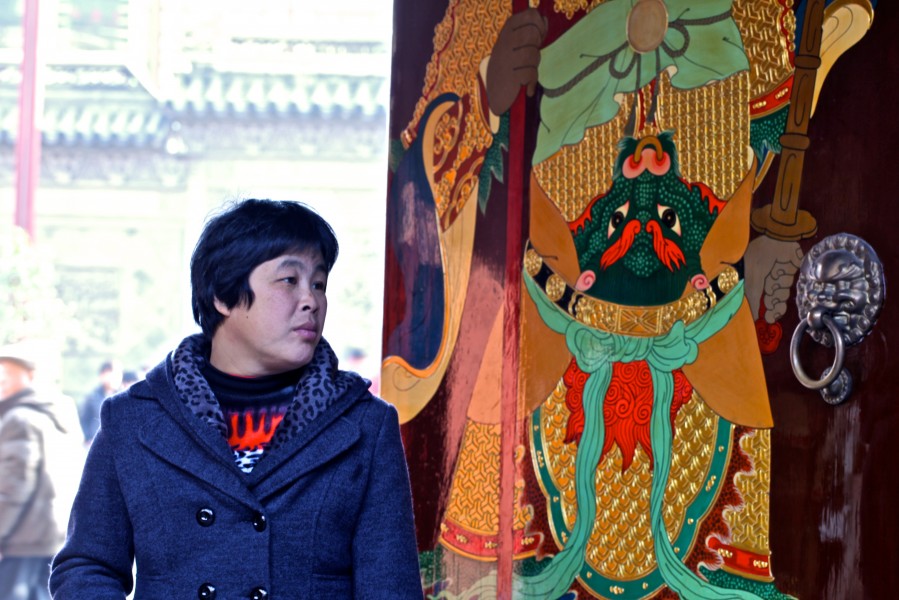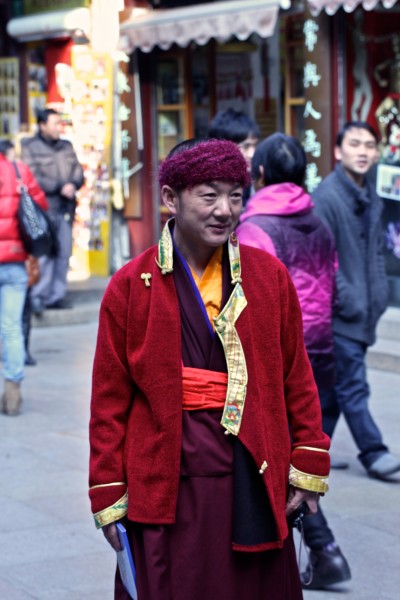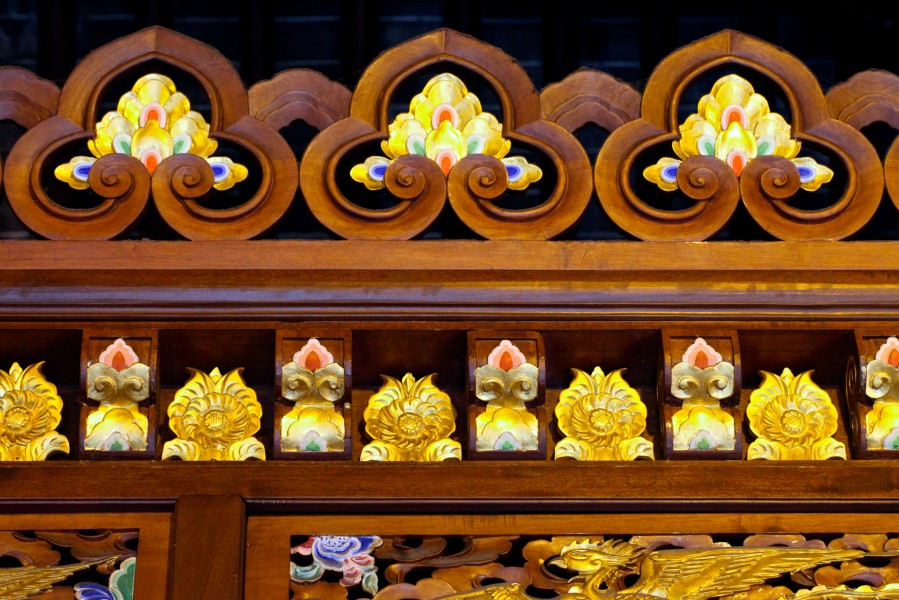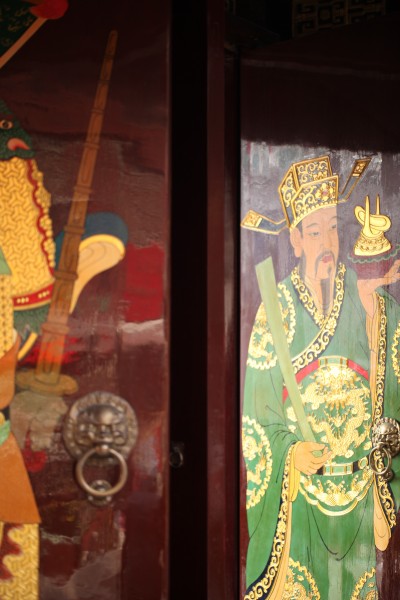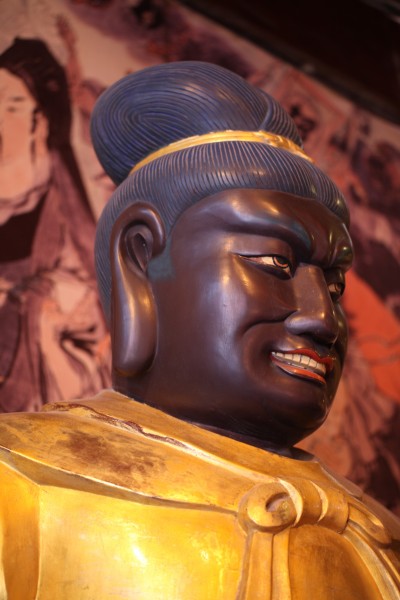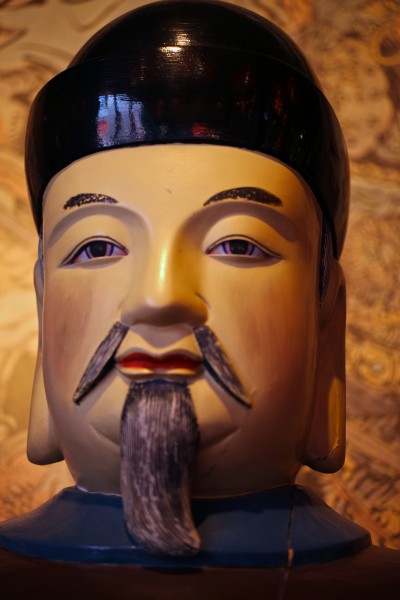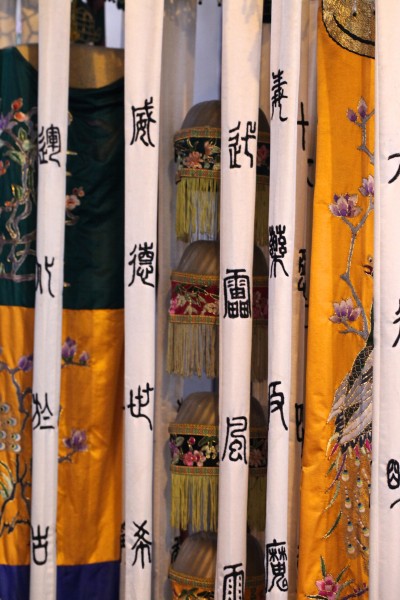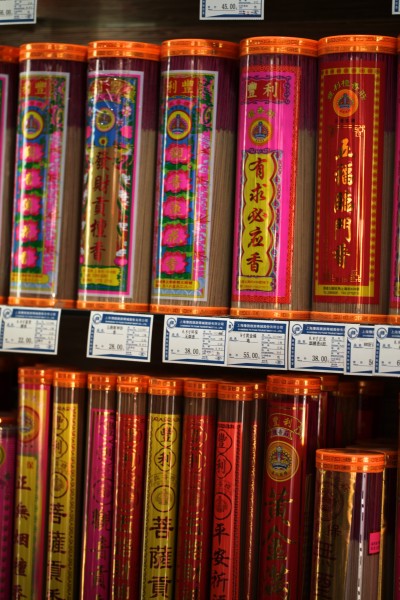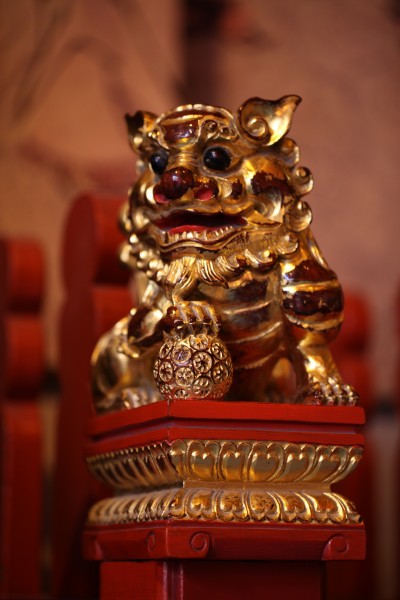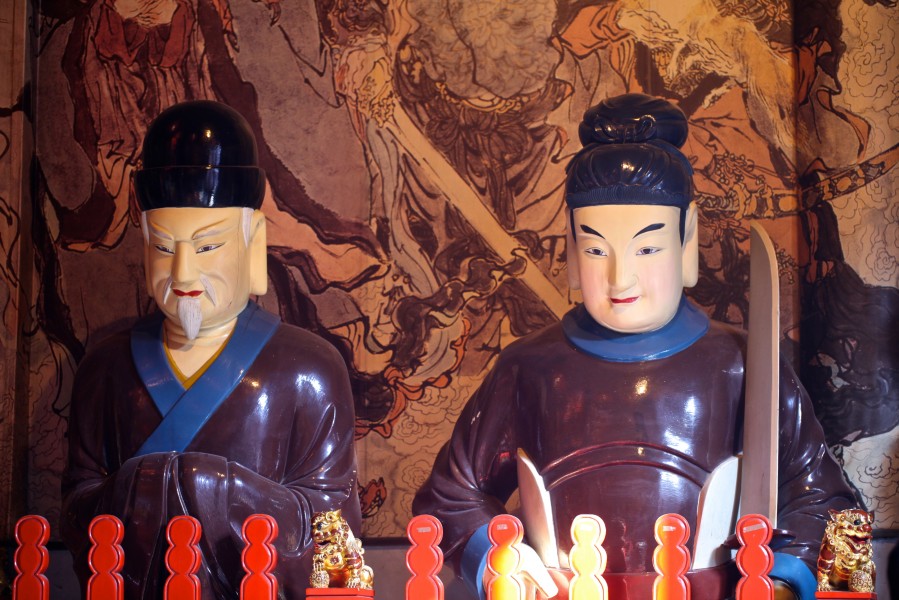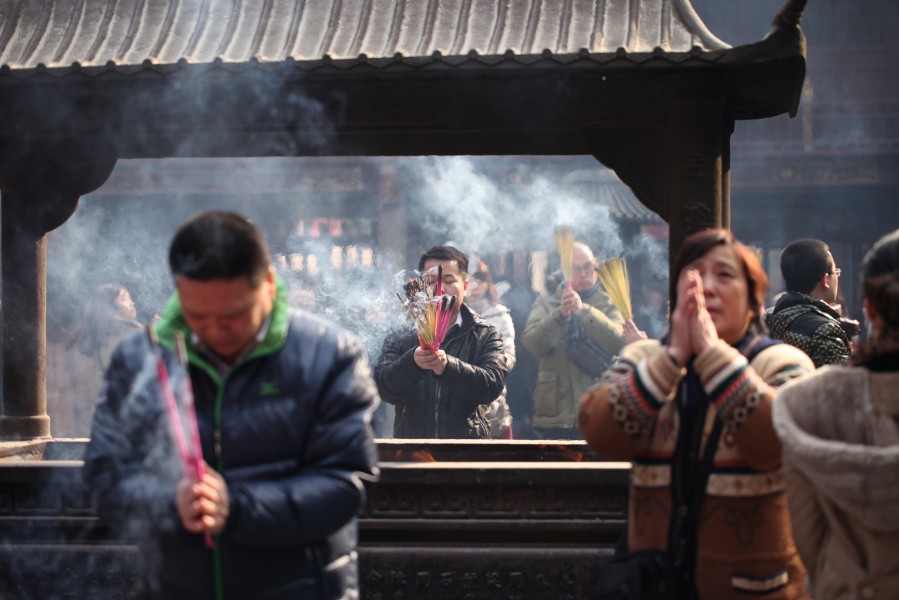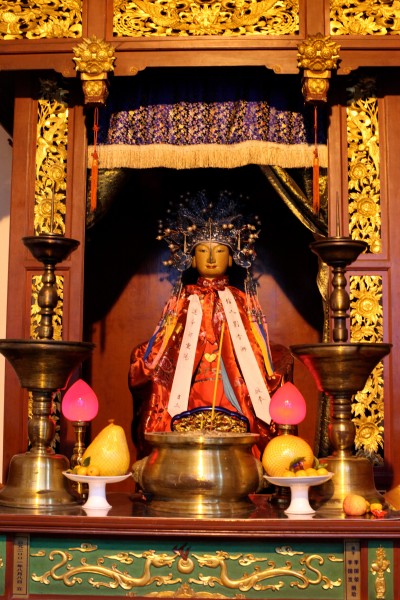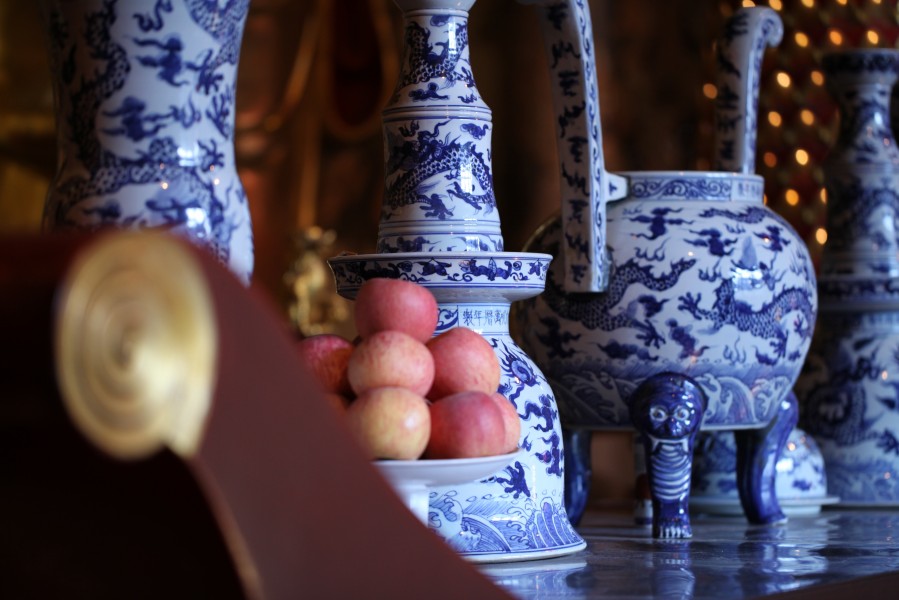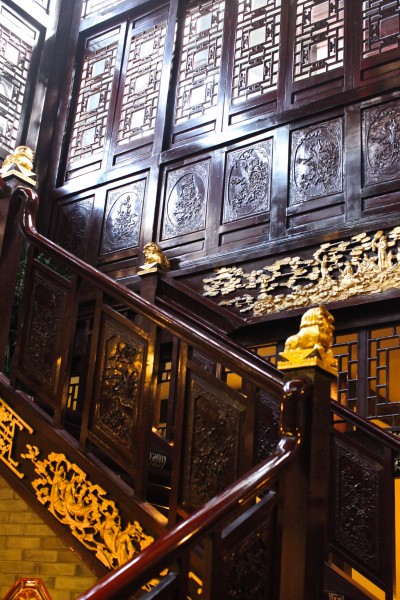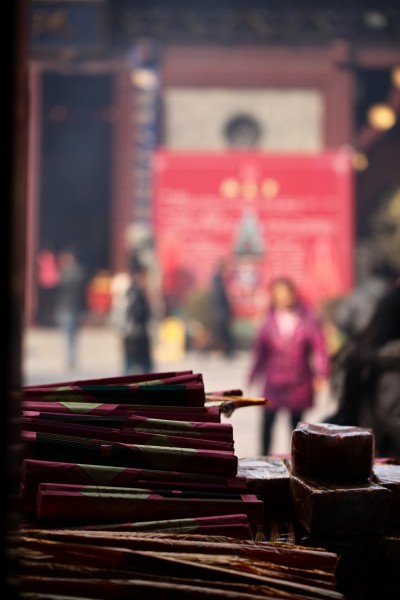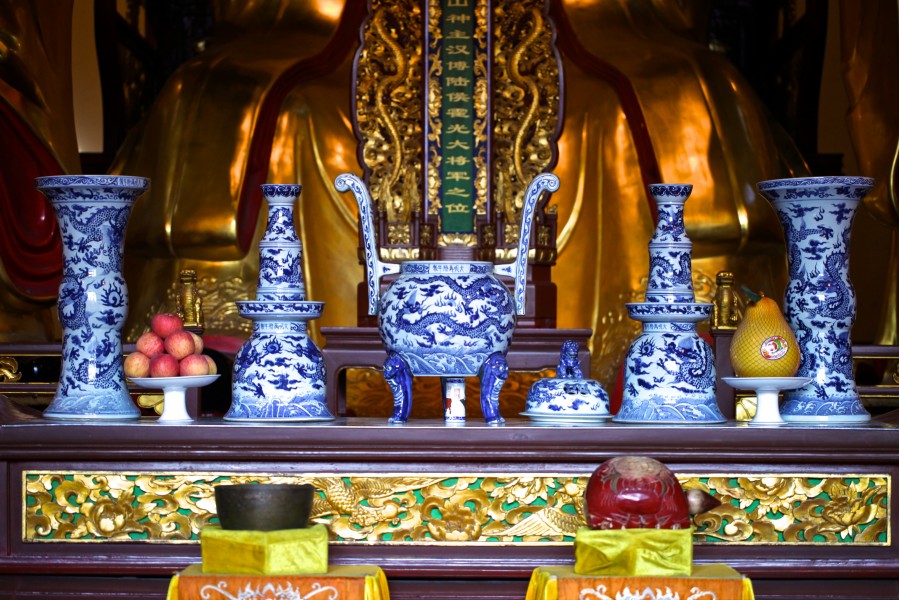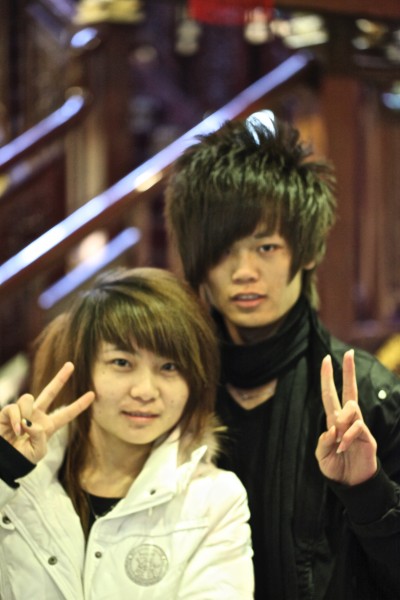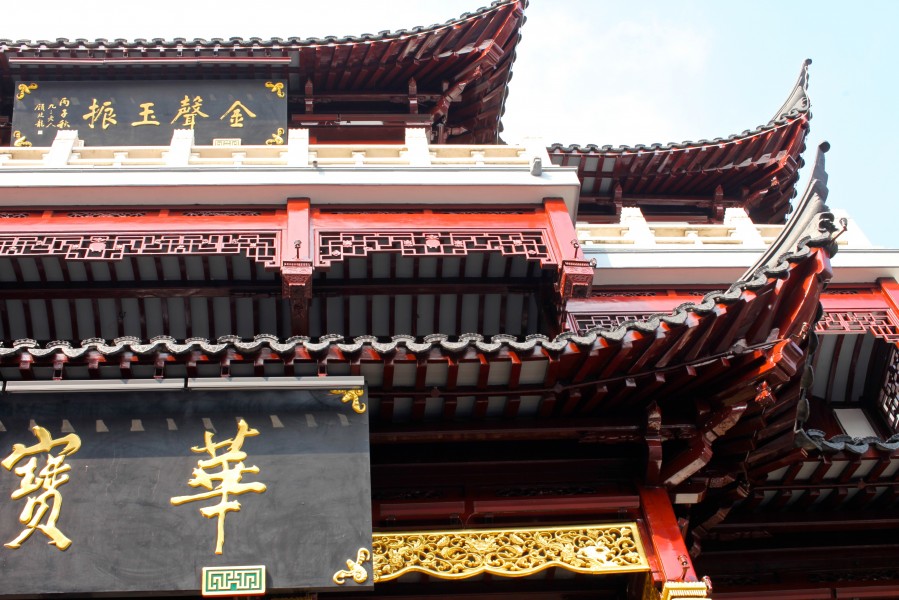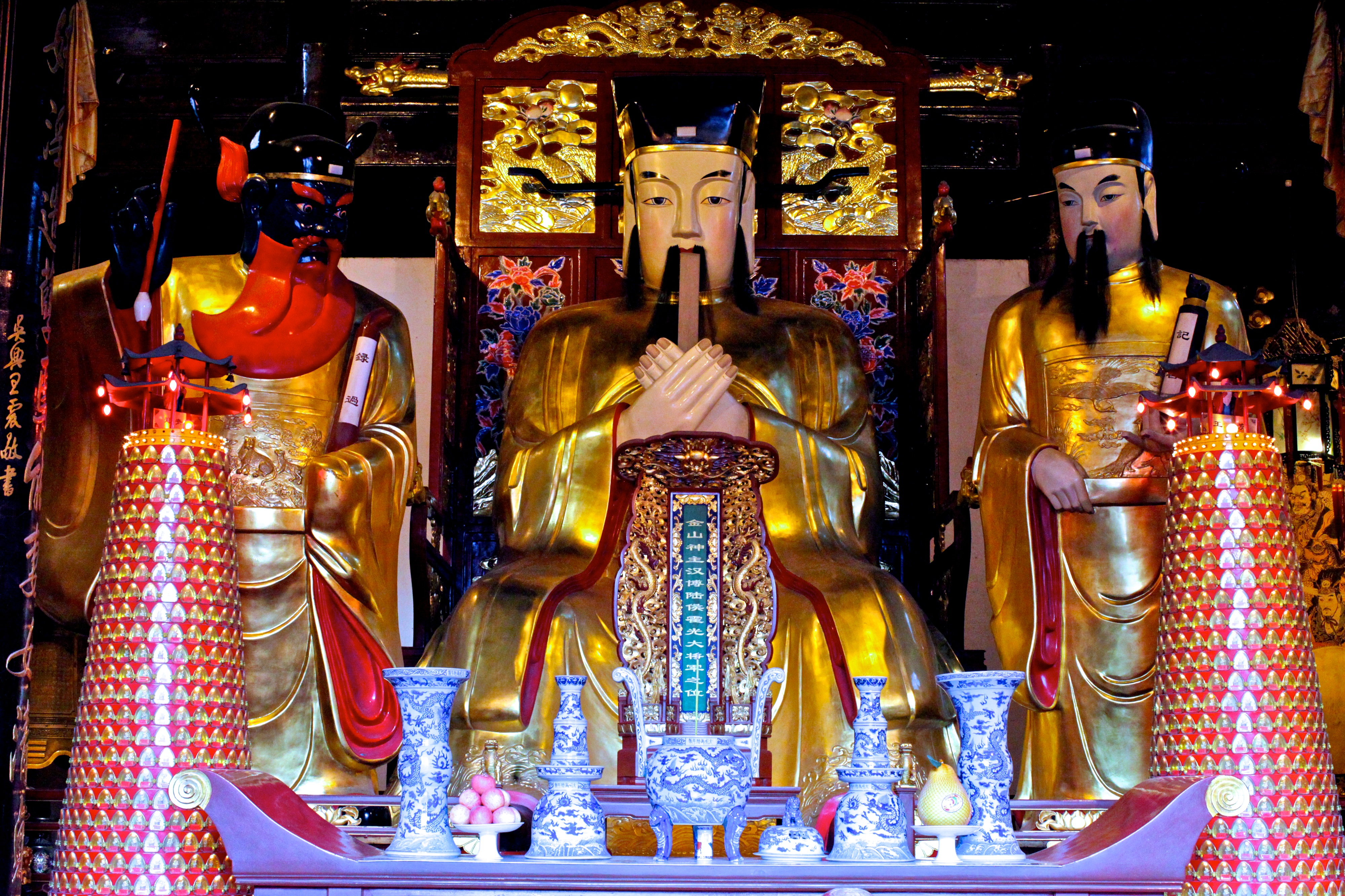A popular stop for local residents, the Temple of the Town God (Chenghuang miao) in Shanghai is filled with statues of local gods and spirits that bring good fortune.
The City God Temple or Chenghuang Miao (Chinese: pinyin: Chénghuángmiào) is a temple located in Shanghai, China, within the old walled city. Today the “City God Temple” not only refers to the large temple complex, but also the traditional district of commerce in the city, surrounding the temple. There are over a hundred stores and shops in this area, and most of these store buildings are nearly a century old. The temple connects to the Yuyuan Garden, another landmark of the old city.
Regardless of size, many walled cities in ancient China contained a temple dedicated to one or more immortal or god as the spirit(s) or protector(s) of the city.
The City God Temple in Shanghai originated as the Jinshan God Temple, dedicated to the spirit of Jinshan, or “Gold Mountain”, an island off the coast of Shanghai. It was converted into a City God Temple in 1403, during the Yongle era of the Ming dynasty.
During the Qing Dynasty, the temple grew popular. Residents of the old city as well as nearby areas visited the temple to pray for good fortune and peace. The temple reached its largest extent in the Daoguang era. The popularity of the temple also led to many businesses being set up in the area, turning the surrounding streets into a busy marketplace.
When this temple was first built in 1403 under Ming Emperor Yongle (1403-25), it was dedicated to the legendary Han general Huo Guang as well as the guardian city god, Qin Yubo. Qin Yubo was a righteous scholar who refused to get involved in court politics (then rife with corruption) despite much pleading from the emperor. Deified upon his death in 1377, Qin Yubo now watches over and protects the city of Shanghai.
The temple had become more of a marketplace by the time of the Cultural Revolution (1966-76), when it was mostly destroyed. Both the temple and surrounding market were thoroughly restored in the early 1990s.
The present version of the Chenghuang miao has been much restored since its 15th-century origins, but still retains its historic and authentic feel. There is still a statue of General Huo Guang in the front hall and Qin Yubo in the back hall, with many other deities represented as well.
Many Shanghai residents frequent the temple to offer incense before their favorite local god, hoping for good fortune in return. The temple is staffed by what the Blue Guide China calls “bad-tempered monks who]are clearly more interested in collecting money from local people willing to pay to have the gods solve their problems than entertain foreign visitors.”
The Temple of the Town God is surrounded by the reconstructed shops and restaurants of the “traditional” market, as well as the beautiful Yu Yuan (Garden of Content), created in the 16th century.
Check the images of worshippers and general feel.
Joelle’s Tips:
The Temple: The Temple of the Town God
Hours: 08:30-16:00
Address: No. 247, Middle Fangbang Rd.,Huangpu District
Transportation: Buses: No.11, 42, 64, 66, 126, 926
Admission: CNY 5
The Source: Sacred Sites, places of power
